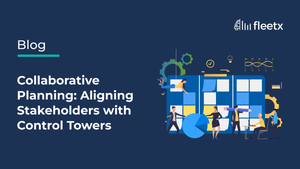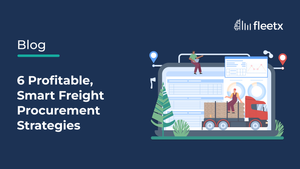Definition:
Inbound Logistics Optimization is the process of improving the efficiency and cost-effectiveness of managing, transporting, and receiving raw materials or goods from suppliers to a company’s warehouse or production facility.
What is Inbound Logistics Optimization?
Inbound Logistics Optimization focuses on streamlining the supply chain activities related to sourcing and delivering materials. This involves coordinating suppliers, managing transportation, and utilizing data to optimize scheduling, routing, and inventory management.
The goal is to minimize lead times, reduce costs, and ensure a steady flow of materials for production or distribution. Technology like transportation management systems (TMS) and real-time analytics often plays a critical role in achieving these objectives.
Use Cases of Inbound Logistics Optimization
- Manufacturing: Ensuring timely delivery of raw materials to prevent production delays.
- Retail Supply Chains: Managing supplier shipments to stock inventory efficiently while avoiding overstocking.
- E-Commerce: Optimizing procurement logistics to meet rapid fulfillment requirements.
- Cost Control: Negotiating better terms with carriers and suppliers to reduce transportation expenses.
- Sustainability: Reducing emissions by consolidating shipments and using energy-efficient transport modes.






